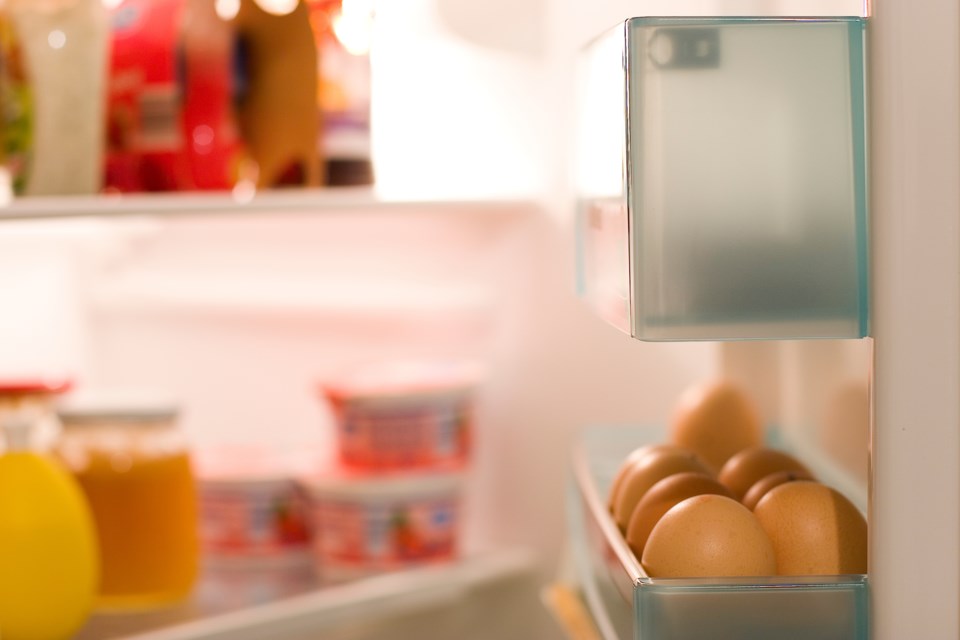Did you know that Canada is recognized for having one of the safest food systems in the world?
Yet, when you hear about a recall on the news or from a friend, it’s normal to be curious about how and why it could have happened. Food recalls are an important aspect of ensuring food safety in Canada. When a food product is found to be potentially hazardous to consumers, a recall is initiated to remove the product from the market and prevent further harm.
Recalls are an essential part of Canada's food safety system, designed to protect consumers from the risks associated with consuming contaminated or unsafe food.

In this article, we will examine the process of food recalls in Canada, including the roles and responsibilities of government agencies. We will also discuss how recalls work and highlight some rules for food imported, exported or traded across provinces.
So, to put your mind at ease, here’s a run down on how food recalls work in Canada.
What is a food recall?
A food recall is the removal of a food from further sale or use because of the possibility that the food may be contaminated or mislabelled. If a food poses a risk to the health of Canadians, the government agency that oversees Canada’s food system, the Canadian Food Inspection Agency, or CFIA, will step in and ask the manufacturer to issue a recall. For us consumers, that generally means we’re warned about the issue and the item is taken off store shelves.
How do recalls work?
First, something triggers a food safety investigation by the CFIA, such as the results of a food inspection or a recall in another country. The investigation quickly looks to find out as much information as possible, including potential health risks, the cause of the issue and where along the supply chain it happened.
If the CFIA requests a recall based on what it finds:
- it’s the food company’s responsibility to carry it out (with the agency’s oversight)
- industry removes the product from the market – this means stores stop selling it
- the agency notifies the public about by posting it on the government’s Recalls and Safety Alerts website and sharing through media, social media and email notifications
- the food company works with the agency to fix the problem and prevent it from repeating
If the company hasn’t carried out the recall effectively and is unwilling to do so, the CFIA can seize and detain the product.
Why aren’t there more recalls?
Many checks and balances work to keep the Canadian food system safe. A set of rules called the Safe Food for Canadians Regulations plays a major part. Aligned with international standards, they apply to food that’s imported, exported or traded across provinces – whether by small batch producers or major corporations.
The updated rules streamline food safety requirements and make them more straightforward for businesses to follow. They also include requirements about tracing products and ingredients, which help with more efficient and effective recalls.
If you'd like to learn more information on food recalls, be sure to check out inspection.canada.ca.




